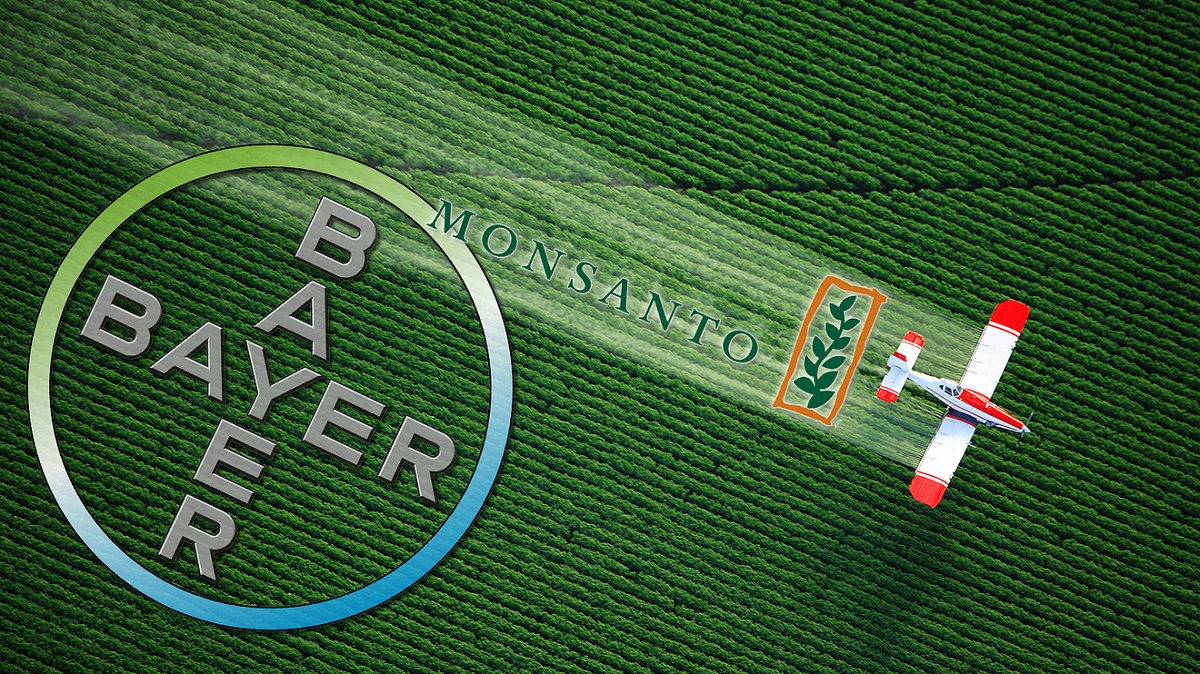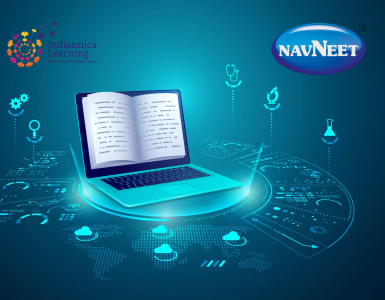Sealing the biggest global M&A deal of this year, Bayer will buy US-based Monsanto for $66 billion including debt to create the world’s biggest supplier of seeds and pesticides company. The two companies will have a combined revenue of $26 billion from agriculture. By buying Monsanto, Bayer can tap the growing worldwide demand for quality seeds as farmers seek to boost crop productivity. The deal will give German company Bayer more than 2,000 varieties of seeds for crops such as corn, soybeans, and wheat including its own vegetable, rice, cotton, and oilseeds. Such a combination of seeds will give Bayer a formidable position in the global crop market as it will sell 29% of the world’s seeds and 24% of the pesticides business.
The deal negotiated over months saw Bayer raising the offer price in small increments and finally settled at $128 a share for Monsanto.The final share deal is up from Bayer’s previous offer of $127.50 a share and it has emerged as the signature deal in a consolidation race that has roiled the agribusiness sector in recent years due to shifting weather patterns, intense competition in grain exports and souring global farm economy because of depressed commodity prices.
Bayer’s bid works out to about 16 times Monsanto’s projected 2017 Ebitda. In fact, a comparison benchmark valuation of the Bayer-Monsanto deal would be ChemChina-Syngenta deal in May this year where ChemChina offered 16.7 times projected Ebitda multiple to pesticide maker Syngenta. Bayer was also lured by Monsanto’s data analytics business known as Climate Crop, which provides farmers with precise data about their crops, a service Bayer believes will become increasingly sought-after in the years to come as farmers look for more productivity. The combined seeds business will remain headquartered in St Louis and if the deal closes successfully, it will create a company commanding more than a quarter of the combined world market for seeds and pesticides.
Funding the Bayer-Monsanto deal
Bayer will fund the transaction with a combination of debt and equity and the equity part of about $19 billion will be raised through convertible bonds and rights offer. Moreover, investment banks such as Bank of America, Credit Suisse, Goldman Sachs, and HSBC Holdings have agreed to provide bridge financing of $57 billion. Bayer will pay Monsanto a break-up fee of $2 billion if the deal is rejected on antitrust grounds. The transaction, which values shares of Monsanto at about $56 billion, will add to core earnings per share in the first full year after the deal closes by the end of next year.
About Bayer
Best known for Aspirin, Bayer was founded in Germany in 1863 as a maker of synthetic dyes for textiles before it diversified into pharmaceuticals. It also sold heroin in the early 20th century, marketing it as cough cure and morphine substitute. Over the years, it grew through a series of acquisitions, becoming a drug and chemical giant with an annual revenue of more than 45 billion euros and more than 100,000 employees. Currently, Bayer is a global enterprise with core competencies in the life science fields of health care and agriculture. The company’s capital expenditure was 2.6 billion euros in 2015 and R&D expenditure was 4.3 billion euros.
About Monsanto
The company was established in 1901 to produce saccharine. Many years later, it was producing farm-oriented chemicals, particularly herbicide. In 1976, it launched the most popular weedkiller Roundup and was the first company to launch genetically-modified crops.
Consolidation trend in the agriculture industry
Bayer’s move to buy Monsanto is the latest in a series of major agrochemicals tie-ups in the $100 billion global crop, seeds and pesticides market. Seed-makers are looking at mergers as a way to cut costs and integrate their business. Till about a year ago, in the seed and crop industry there were about half-dozen global players —- Bayer, Monsanto, Dow, DuPont, Syngenta, and BASF– and now with the Bayer-Monsanto deal, the number will shrink to just four. Companies are going through a difficult phase as the global commodity prices have fallen and companies are looking for greater efficiency. Last year in December, DuPont and Dow Chemical agreed to merge their business and then carve out a new crop science unit. Then in February, China’s state-owned ChemChina acquired Switzerland’s Syngenta, which Monsanto had tried to buy for years. But as fate had a different telling, Bayer has now bought Monsanto, which has worldwide presence including India where it sells the BT or genetically modified cotton seeds. If all these mergers go through, the three biggest agribusinesses would sell 62% of the world’s patented seeds and 625 of all pesticides.
More than two decades ago, the world’s four biggest seed companies controlled just 21% of the market. But with the passing of years as crop technology advanced the big companies like Monsanto, Syngenta, Dow, Bayer and DuPont went on buying smaller companies and their patents. Today, these companies put together command over half of the market share. Monsanto for years reaped huge profits from selling its popular weed killer – glyphosate with other genetically modified crops. But with limited use, it is finding market conditions tough. A merger will help it maintain market share.
Will Bayer-Monsanto deal add value?
Bayer’s debt more than doubled to 17.5 billion euros last year from 7 billion in 2011 because of series of small acquisitions the company did in the past. Also, the latest deal with Monsanto will add more to the debt pile. As a business in the industry is slow, servicing the debt will be a concern.
There are also fears that the reduced competition will shrivel up innovation and there would be less of research and development work. Big companies can lobby with governments and create a monopoly that can jack up prices. If that happens, it will not go well with regulators and they might take action which can dampen the share prices. Both the US and EU regulators have been scrutinizing the earlier deals closely and even the Bayer-Monsanto deal will have to go through rigorous regulatory scrutiny. In fact in the EU regulators tend to be critical of genetically-modified crops as they might object to the deal.
On the face of the deal, it is most likely to help in higher spending on research and development. Agribusinesses will have to scale up to the size of Silicon Valley’s tech giants who spent a huge amount of money every year on R&D. As it takes a lot of work and money to develop new crop varieties that have higher yields or can stand diseases, the merged company can jointly put all their resources into R&D. Big diversified corporations can tackle R&D more adroitly than smaller companies.
As the agriculture industry is at the heart of one of the greatest challenges of how to feed an additional three billion people in the world in an environmentally sustainable way, the challenges require a new approach that systematically integrates expertise across seeds, traits and crop protection including biological. So, only time will tell if Bayer-Monsanto deal or for that matter the two other mega deals — ChemChina-Syngenta and DuPont and Dow Chemical – reap value for shareholders and customers alike.




